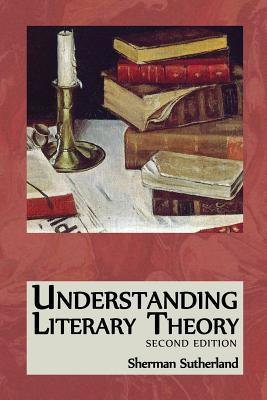Understanding Literary Theory is the essential guide for every reader looking to understand what literary theory is and why it matters. This concise and accessible text introduces today's foremost schools of literary theory, offering historical background and outlining the important ideas of each. The theories are then applied to a variety of classic short stories, demonstrating how the different theoretical approaches can yield diverse interpretations of the same literary works.
This volume separates itself from similar texts by providing clear and accurate explanations of theory's most challenging concepts. It examines all of the major schools of criticism, including ecocriticism, ethnic studies, feminism, formalism, Marxism, narratology, new historicism, postcolonialism, postmodernism, post-structuralism, psychoanalysis, queer theory, reader response, and structuralism. Each chapter begins with a straightforward summary that outlines the focus of the theoretical approach, its notable practitioners, its advantages and disadvantages, and a concise definition. The chapters then delve into each theory by explaining the key concepts and the ideas that led to them. This book is indispensable for anyone intimidated by words like deconstruction, diffrance, heteroglossia or hyperreality.
Understanding Literary Theory shows readers the interpretative possibilities that literary theory can provide. It is the ideal introduction for those who want to get the most out of the literature they read.
